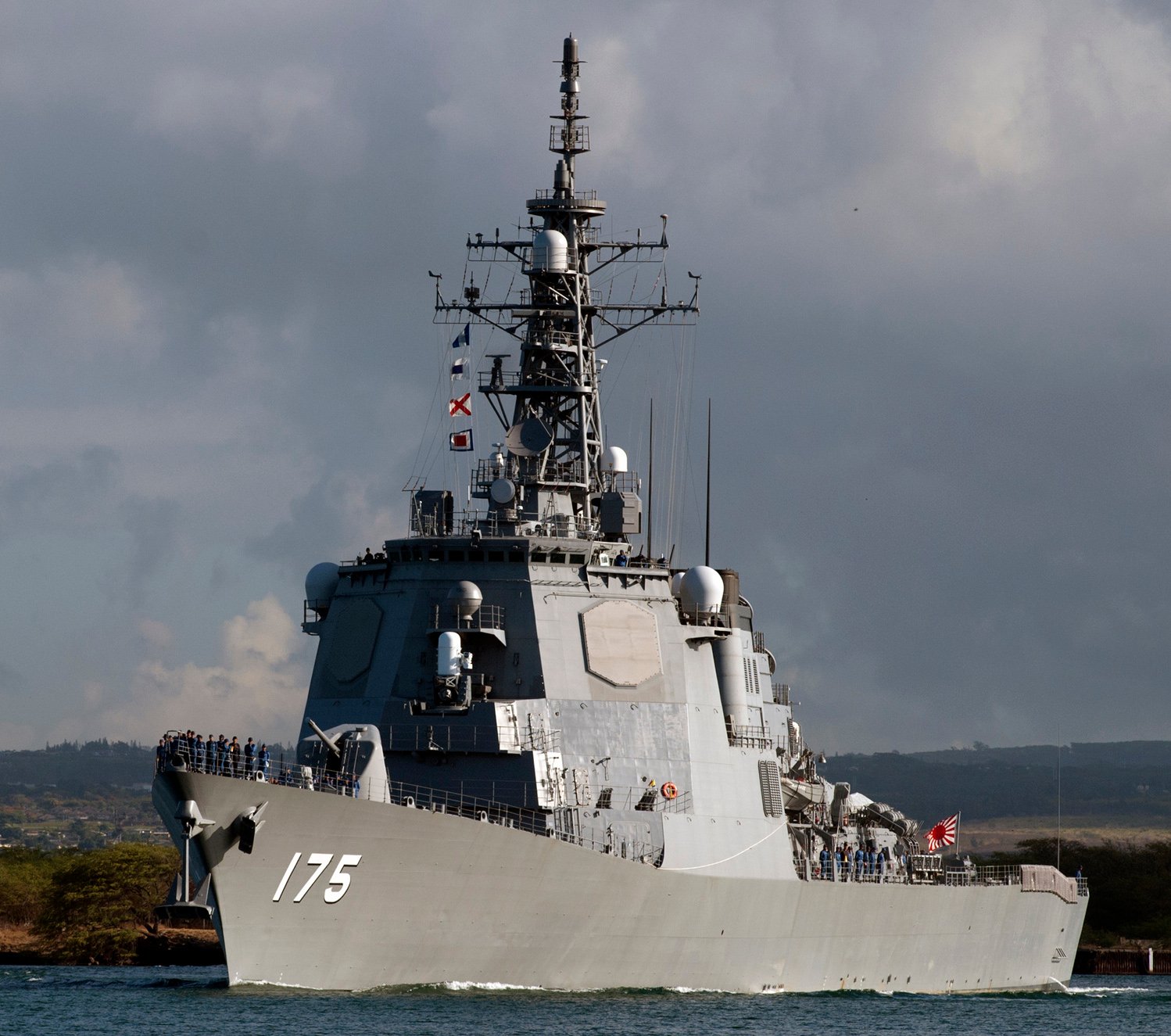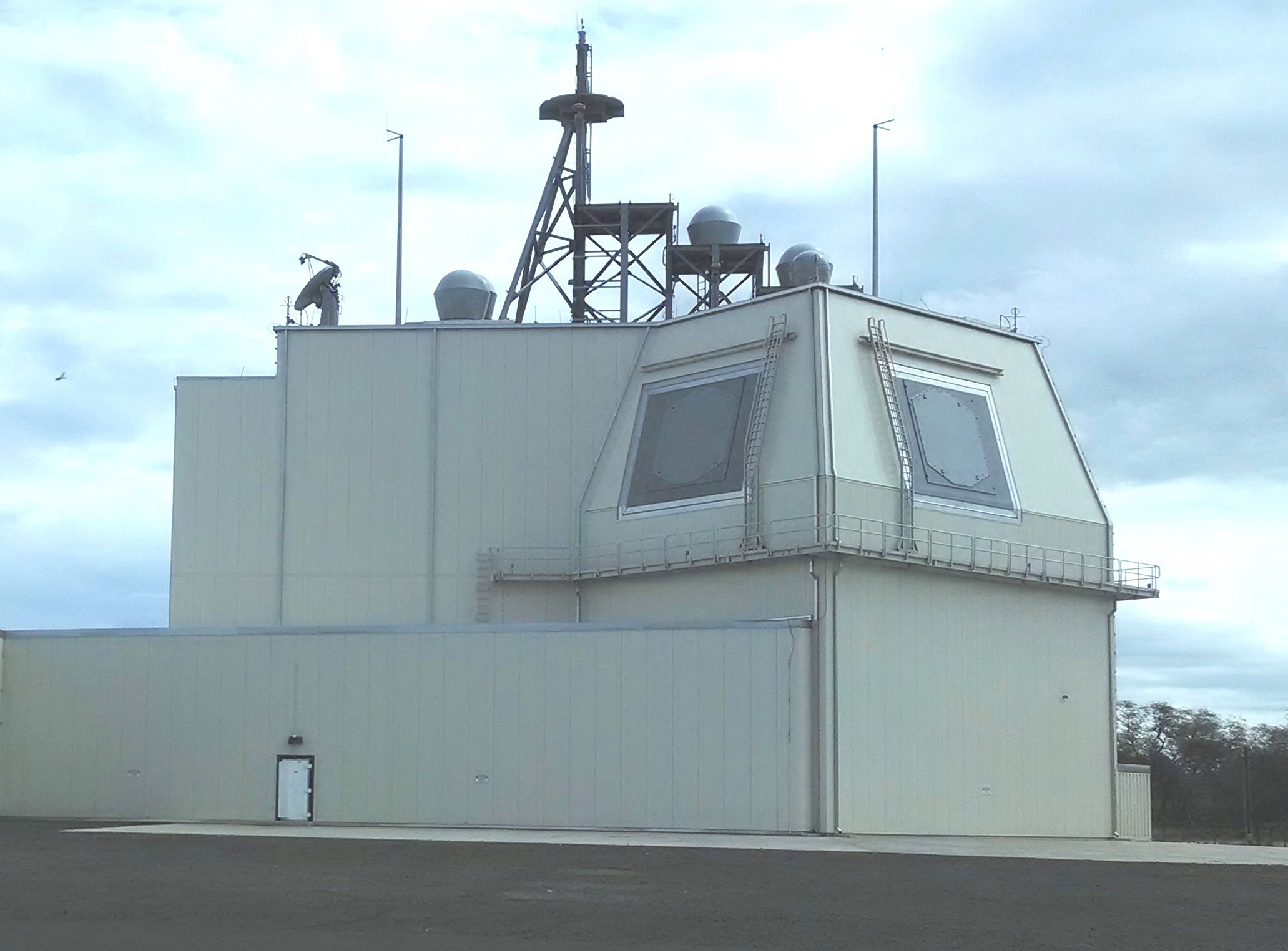
The National Defense Authorization Act passed on Friday by the House of Representatives includes measures to improve the capability of U.S. Aegis Ashore missile defense sites and to make it easier to sell the land-based system to allies.
House Armed Services Committee (HASC) strategic forces subcommittee chairman Rep. Mike Rogers (R-Ala.) offered an amendment to the bill on the House floor that urges the Defense Department to make the Aegis Ashore capability available for sale to Japan, who already owns six Aegis Combat System-equipped Kongo- and Atago-class destroyers.
“It is the sense of Congress that a decision by the Government of Japan to purchase Aegis Ashore for its self-defense, given that it already possesses sea-based Aegis weapons system-equipped naval vessels, could create a significant opportunity for promoting interoperability and integration of air- and missile defense capability with close allies, could provide for force multiplication benefits, and could potentially alleviate force posture requirements on multi-mission assets,” the amendment reads.
The measure was adopted into the defense bill as part of an amendment package agreed to by HASC Republican and Democratic leadership.
The amendment was meant to further the already-strong missile defense relationship between the two countries, a source familiar with the amendment told USNI News. Japan already owns Aegis ships, hosts two U.S. missile defense radars and has worked with the U.S. military to develop the Standard Missile 3 Block IIA interceptor.
Japan has not made a final decision on purchasing Aegis Ashore, but the source said the foreign military sales program has not approved selling Aegis Ashore – even though the shore-based system is less capable than its ship-based counterpart, having only ballistic missile defense capabilities compared to the anti-air warfare and offensive capabilities Aegis ships bring.

The source said the Navy has looked at this potential sale for over a year, and the amendment amounts to Congress asking the service why the process has to take so long. Though the Navy has been in communication with HASC about the potential sale, the FMS delay appears to be “bureaucracy for bureaucracy’s sake,” the source said, likening the issue to a bank loan – if a person is qualified to take out a large loan for a home mortgage, the person should be able to get a smaller loan to buy a car without too much hassle.
The amendment would not ask the Navy to skip over any steps in the process but rather brings attention to this particular sale and asks for it to be handled in a timely manner.
Separately, the bill includes a provision directing, “the Under Secretary of Defense for Policy and the Secretary of State shall jointly identify any obstacles to foreign military sales of Aegis Ashore or co-financing of additional Aegis Ashore sites. Such evaluation shall include, with appropriate coordination with other agencies and departments of the Federal Government as appropriate, the feasibility of host nation manning or dual manning with the United States and such host nation.”
It adds that “the President shall seek to enter into host nation agreements for Aegis Ashore sites and co-financing and co-development opportunities as appropriate if the sites meet the requirements of the combatant commanders.”
As for the currently planned Aegis Ashore sites in Romania and Poland, the bill also includes language directing that the anti-air warfare capability be added. The site in Romania, which will be operational later this year, must be retrofitted by 2018, and the Poland site must include that mission set from the start when it deploys in 2018.
The source said this measure in the defense bill received bipartisan support from HASC, and the primary reason some are opposed to it is that it may offend Russia. The two missile defense sites are meant to protect European allies from ballistic missile threats from the Middle East, but Russia has made clear it views these systems as a threat.
The source said Rogers, his strategic forces subcommittee and many HASC members view it as a moral imperative to protect those serving overseas with all means possible. Given that Russia has called the two sites a threat, the hundreds of Americans who will man the Aegis Ashore sites ought to be protected while serving there.
These measures would only become law if the Senate Armed Services Committee agreed to them as well.





